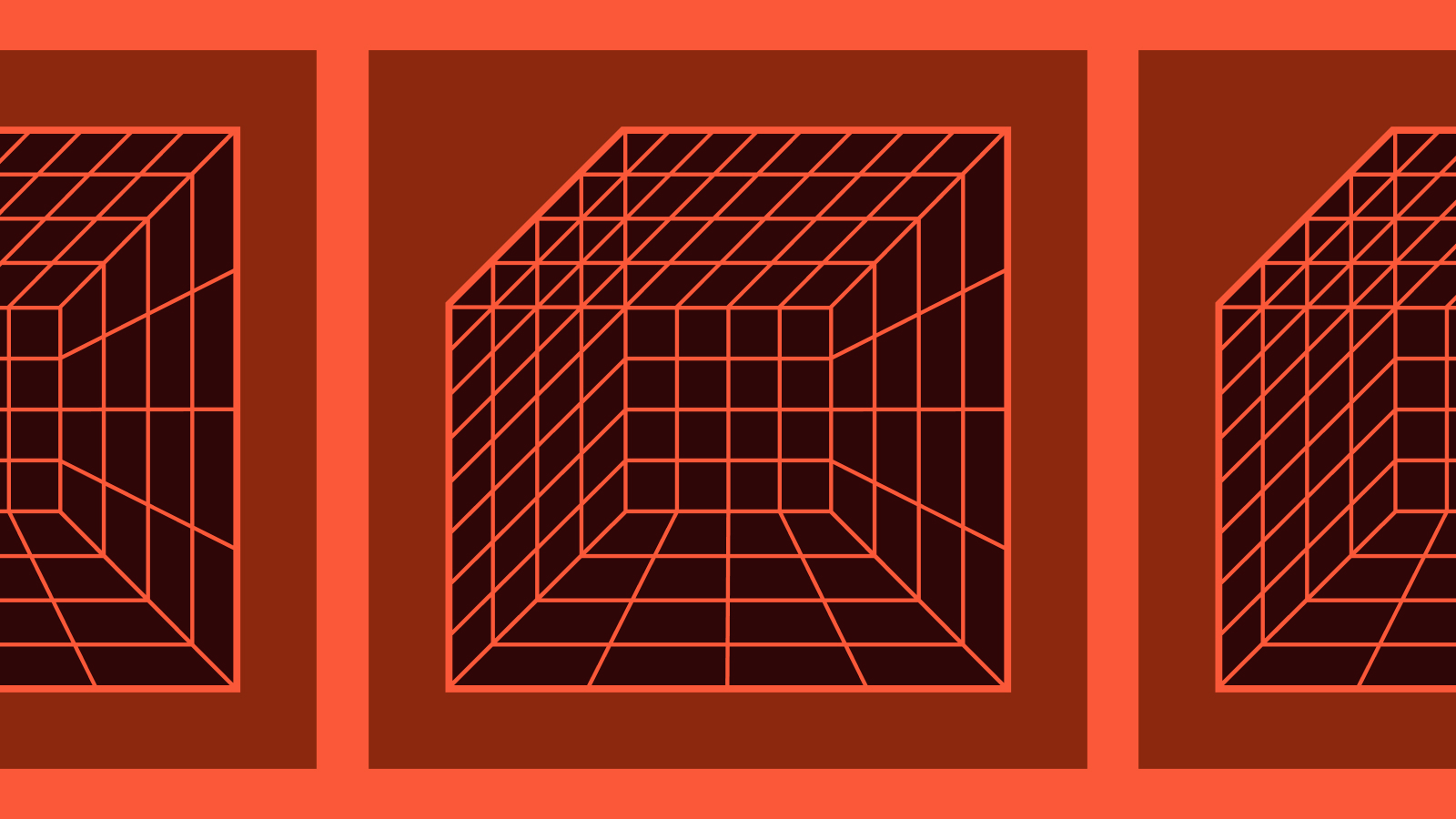What Are Smart Contracts?

Understanding Smart Contracts
Imagine a world where agreements enforce themselves - no lawyers, banks, or third parties required. That’s the promise of smart contracts: a technology that blends the logic of traditional contracts with the autonomy and transparency of blockchain.
Introduced by Ethereum in 2015, smart contracts have become foundational to decentralized finance (DeFi), digital identity, tokenized assets, and more. But while the term gets used often, it’s not always well understood. In this guide, we’ll break down what smart contracts are, how they work, and why they matter in the broader evolution of Web3 infrastructure.
TL;DR
- Smart contracts are programs stored on a blockchain that automatically execute when certain conditions are met.
- Smart contracts power everything from DeFi apps to NFT marketplaces, automating trustless interactions without intermediaries.
- As Web3 scales, smart contracts are evolving to become more modular, scalable, and interoperable.
What Is a Smart Contract?
A smart contract is a self-executing piece of code that runs on a blockchain. It encodes rules and outcomes: “if X happens, then do Y.” These contracts automatically execute when predetermined conditions are met, without requiring manual input or oversight.
Unlike traditional contracts that rely on enforcement by institutions, smart contracts remove trust-based dependencies and enable peer-to-peer execution.
Key Characteristics
Autonomous - Executes automatically without human involvement once conditions are met
Immutable - Cannot be altered after deployment, ensuring integrity and reliability
Transparent - Visible to all network participants, allowing for public auditability
Deterministic - Produces the same result every time under the same conditions
Smart contracts are typically written in specialized programming languages like Solidity (for Ethereum) or Rust/Move (for Solana and Aptos).
How Do Smart Contracts Work?
Smart contracts follow a simple logic flow:
- A developer writes the contract in a blockchain-specific language.
- The contract is deployed to a blockchain, where it receives a unique address.
- Users interact with the contract by sending transactions or data inputs.
- The contract executes its code and returns an outcome—transferring tokens, updating a database, or triggering another function.
Smart contracts rely on the blockchain’s consensus mechanism to verify that the inputs are valid and that the outputs conform to the rules.
Here’s an example of a basic Ethereum smart contract:
solidity
CopyEdit
// SPDX-License-Identifier: MIT
pragma solidity ^0.8.0;
contract SimplePayment {
address payable public recipient;
constructor(address payable _recipient) {
recipient = _recipient;
}
function sendPayment() public payable {
require(msg.value > 0, "No ETH sent.");
recipient.transfer(msg.value);
}
}
This contract automatically transfers ETH to a recipient address once a payment is made—no manual approval required.
Smart Contract Platforms
While Ethereum is the most well-known platform for smart contracts, many other blockchains support them, each with its own advantages.
Ethereum - Solidity - Largest ecosystem, highly secure, DeFi/NFT hub
Solana - Rust, C - High throughput, low fees, fast execution
Avalanche - Solidity (via EVM) - Fast finality, EVM-compatible
Cosmos - CosmWasm (Rust) - Interoperability, modular architecture
Polkadot - Ink! - Customizability, substrate framework
NEAR - Rust, AssemblyScript - Developer-friendly, scalable via sharding
Use Cases of Smart Contracts
Smart contracts are incredibly versatile. They serve as the backbone of most Web3 applications, from financial protocols to social networks.
1. Decentralized Finance (DeFi)
DeFi protocols use smart contracts to create trustless lending, borrowing, trading, and yield farming systems.
- Aave uses smart contracts to issue overcollateralized loans.
- Uniswap automates token swaps via liquidity pools.
2. NFTs and Digital Ownership
NFTs use smart contracts to mint, transfer, and verify unique digital assets.
- NFT smart contracts define ownership, royalties, and metadata.
- Marketplaces like OpenSea interact directly with NFT contracts for listings and purchases.
3. DAOs (Decentralized Autonomous Organizations)
DAOs use smart contracts to automate governance. Token holders vote on proposals, and the smart contract executes the result—be it a funding allocation or a protocol upgrade.
4. Gaming and Metaverse
Smart contracts handle:
- In-game economies
- Ownership of skins, items, and land
- Cross-chain interoperability of digital assets
5. Supply Chain and Real-World Data
With the help of oracles (external data feeds), smart contracts can:
- Automate payments upon delivery
- Track product provenance
- Reduce fraud and improve transparency
Example: A logistics firm could use smart contracts to release payments only when GPS data confirms a package was delivered on time.
Benefits of Smart Contracts
Trustless Automation - Smart contracts eliminate the need for trusted third parties, such as banks, notaries, or escrow agents, by executing agreements automatically when predefined conditions are met. This allows individuals and organizations to interact directly with one another without relying on intermediaries, which significantly reduces the risk of human error, manipulation, or bias.
Cost Efficiency - By removing middlemen and reducing manual processing, smart contracts help cut down administrative costs, legal fees, and operational expenses. For example, a smart contract in real estate can automate property transfers without a lawyer or notary, saving thousands in fees and reducing paperwork.
Transparency - Smart contracts are typically built on public blockchains, making their code and transaction history openly accessible to all participants. This visibility fosters greater trust among users, as anyone can verify how a contract works and confirm that the logic is fair and unbiased. Transparency also makes auditing and compliance easier.
Security - Once deployed on the blockchain, smart contracts are immutable - meaning they cannot be changed or tampered with. This drastically reduces the risk of fraud, censorship, or unauthorized modifications. When developed correctly, smart contracts also offer strong cryptographic security, making them highly resistant to hacking.
Speed - Smart contracts execute automatically and nearly instantaneously once conditions are fulfilled. This removes delays caused by manual approvals, paperwork, or processing times. In industries like finance or supply chain management, this speed can improve efficiency and enable real-time transactions.
Limitations and Risks
Despite their advantages, smart contracts have critical limitations:
Code Vulnerabilities - If there’s a bug in the smart contract, it can be exploited. One infamous example is the DAO hack (2016), which led to a $60 million loss due to a recursive call vulnerability.
Immutability - Once deployed, contracts cannot be changed. This ensures security but makes it difficult to fix errors without redeploying a new version.
Gas Costs - On networks like Ethereum, executing smart contracts requires gas (a transaction fee). During high usage, fees can spike dramatically.
Oracles & External Data - Smart contracts can’t access off-chain data natively. They rely on oracles like Chainlink, which introduces a potential trust point.
The Future of Smart Contracts
Smart contracts are evolving rapidly to support more scalable, modular, and user-friendly Web3 experiences.
Trends to Watch
- Account Abstraction – making wallet interactions and gas payments seamless
- Modular Blockchain Architectures – separating execution from data availability for greater scalability
- Cross-Chain Smart Contracts – interoperability between blockchains using technologies like IBC, LayerZero, or Axelar
- Formal Verification – tools to mathematically prove contract logic is correct
- AI-assisted contract generation – lowering entry barriers for developers
As smart contracts become more composable and abstracted, they will underpin most digital services in the decentralized web.
Conclusion
Smart contracts are far more than digital legal documents—they're decentralized programs capable of executing almost any business logic in a secure, transparent, and automated way. They are at the heart of what makes Web3 radically different from Web2: permissionless innovation, programmable money, and trustless coordination.
As blockchain infrastructure continues to mature, smart contracts will power the next generation of finance, digital identity, gaming, and governance.
.svg)
